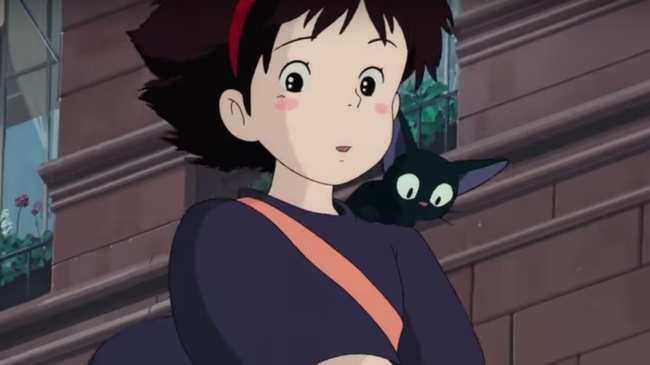Lessons from Kiki's Delivery Service
Hayao Miyazaki’s Studio Ghibli films may take place in fantastical worlds, but they possess many real-world lessons. They tackle deeply relatable themes that many millennial artist's face.
- Trying to make it as a creative. “She has to develop a work/life balance that doesn’t completely wear her out.”
Creative burnout. “[Kiki’s] lost of flight communicates that when you wear yourself too thin and turn your passion into just a job, you’ll no longer be able to just create,”
Self-care. Kiki finds enjoyment in flying again by learning when to take a break from things.
43
234 reads
The idea is part of this collection:
Learn more about personaldevelopment with this collection
How to set new goals
How to take action towards a new life
How to create a plan for change
Related collections
Read & Learn
20x Faster
without
deepstash
with
deepstash
with
deepstash
Personalized microlearning
—
100+ Learning Journeys
—
Access to 200,000+ ideas
—
Access to the mobile app
—
Unlimited idea saving
—
—
Unlimited history
—
—
Unlimited listening to ideas
—
—
Downloading & offline access
—
—
Supercharge your mind with one idea per day
Enter your email and spend 1 minute every day to learn something new.
I agree to receive email updates
